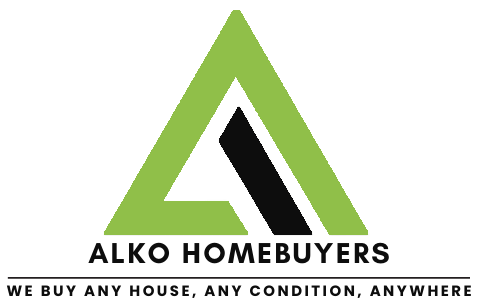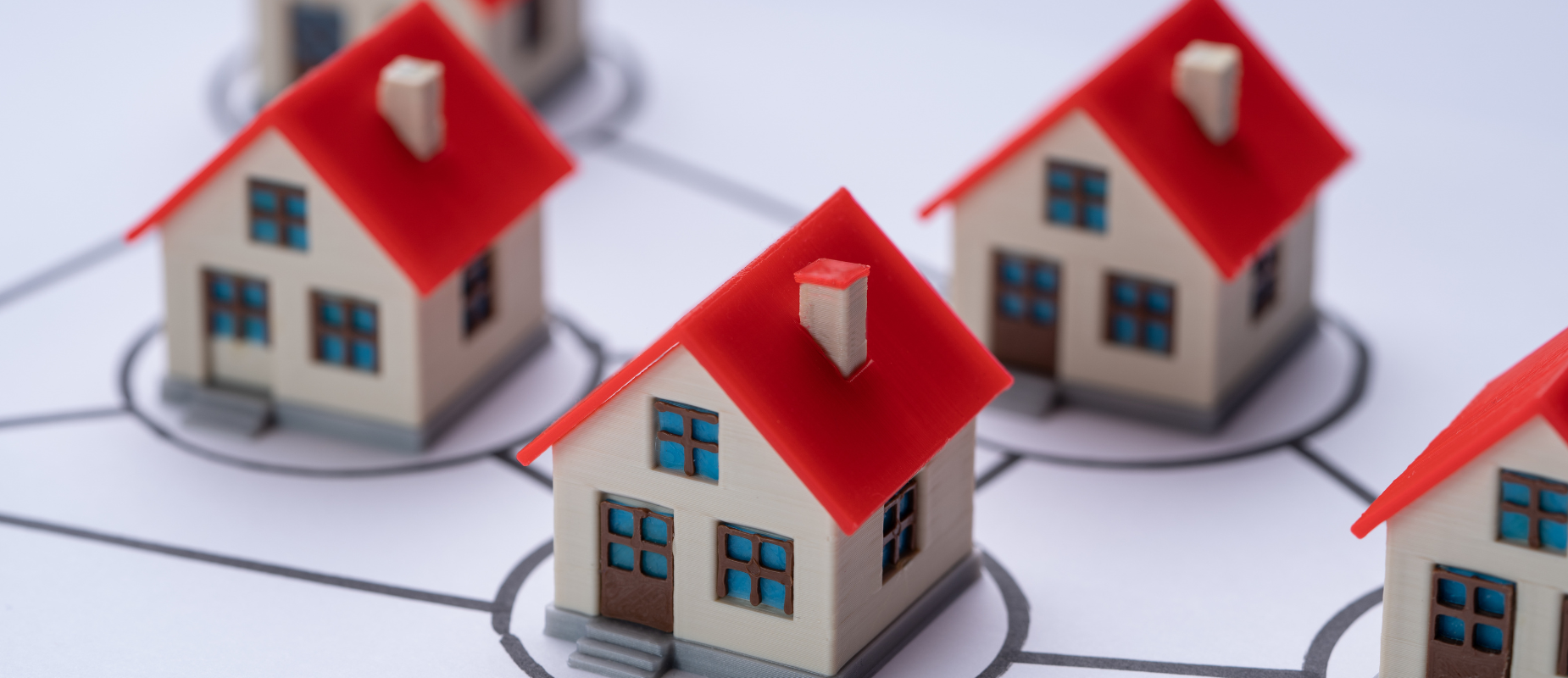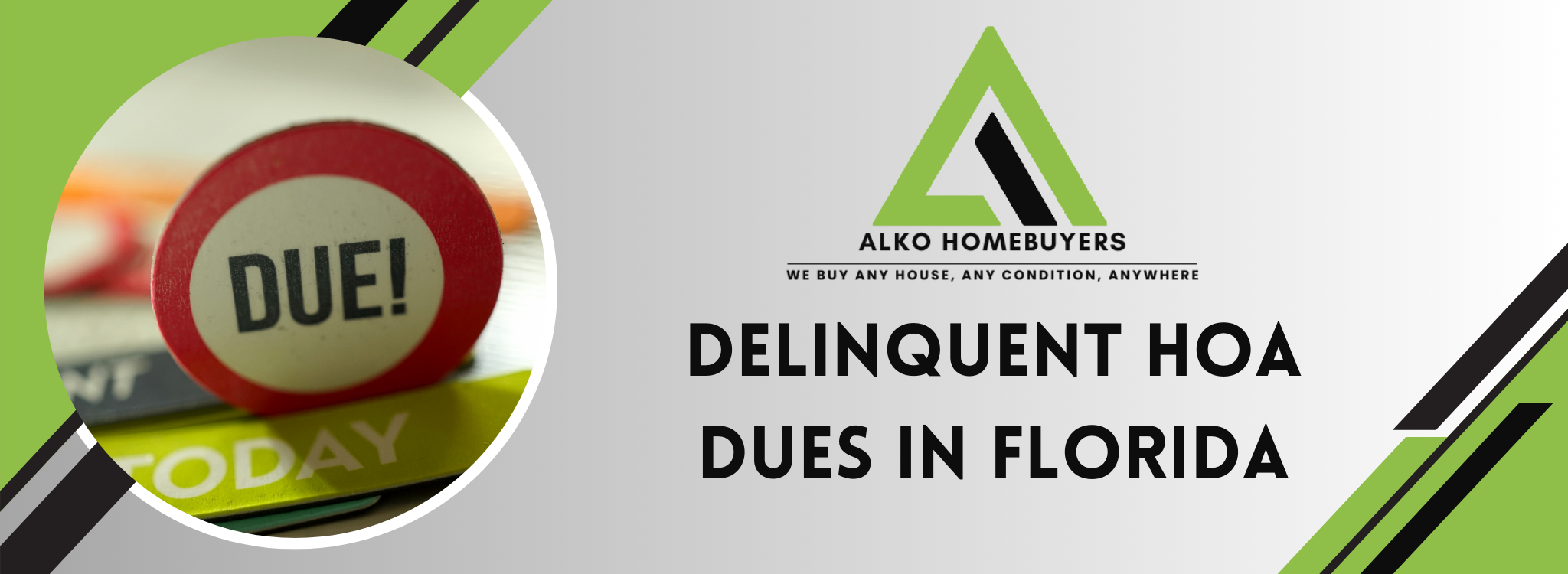
Managing Delinquent HOA Dues and Unpaid HOA Fees

Welcome to our full guide on managing late and unpaid HOA dues and fees in Florida. Homeowners’ Associations (HOAs) are important in upholding community standards, yet unpaid dues can cause severe problems. In this resource, we look at practical solutions for dealing with these concerns and guaranteeing financial stability and peace in your community. From comprehending Florida’s legal framework to implementing practical remedies, our guide offers insights and actionable recommendations to help board members and residents negotiate the complexity of overdue payments, maintaining a vibrant and well-managed neighborhood environment.
Understanding Florida HOA Laws: Legal Measures and Community Assessments
Knowing Florida’s HOA rules is important to handle late HOA dues and fees well. Knowing the laws that rule dues, assessments, and other related financial matters concerning homeowner associations is important. In Florida, the board of a HOA must follow certain laws to keep their promises and protect the community’s finances. Homeowners groups are responsible for community assessments for repairs, maintenance, and other important community services. If a member doesn’t pay their dues, the group can take some legal action to get the money back while still following the law. The lien is one of the most important legal tools homeowners groups can use. It is put on a property when dues are not paid. This legal move protects the association by ensuring they can get back the money owed to them even if the owner changes.
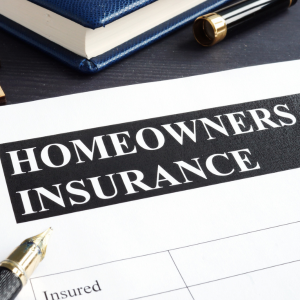
A Florida HOA can also work with specialized lawyers to help them navigate the complicated legal system and ensure that all actions are legal under state law. These lawyers are often very important for helping groups get through the tricky business of collecting dues. Members of the board must also stay up to date on neighborhood assessments to ensure that they are calculated correctly and applied fairly. Good assessment management not only keeps the budget going but also keeps the community’s property values and general appeal high.
Assessment management can include regular reviews and changes necessary to fix any problems immediately. Another important tool for dealing with late HOA dues is communication. To settle unpaid fees in a friendly way, the board should set up clear, open contact lines with property owners. Setting up organized payment plans can help property owners with money problems get their debts paid without going to court. In the end, knowing Florida HOA rules, putting in place the right legal measures, and managing assessments well are all necessary to keep the community peaceful and running smoothly, which is good for the association and its members.
How Delinquent HOA Fees Lead to Association Foreclosure Actions
In Florida, homes and communities can quickly run into big money problems if they don’t pay their HOA fees. People who don’t pay their HOA dues on time risk more than just late fees when they don’t. Legally, the group can start the foreclosure process. Usually, this process starts when the board gives a formal notice to the delinquent property owner. Moving quickly after getting this notice is important because not doing so could result in a lien being put on the property. Florida law lets HOA boards go after people who don’t pay their dues, so people who own homes in the area should know that if fees aren’t paid, the association could foreclose on the homes.
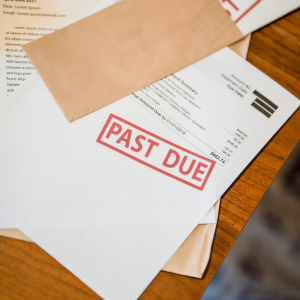
Once the lien is in place, the board can start foreclosure proceedings to get back unpaid HOA dues and other connected fees. Foreclosure not only puts the property owner at risk, but it can also lower the value of the neighborhood as a whole. The homeowner may owe a lot more money after going the legal way because of the costs involved, like attorney and court costs. Sometimes, these court fees are more than the unpaid HOA dues. To escape these problems, the owner should work with the board as soon as they fall behind on their payments.
Dealing with missed fees and dues before they get worse can keep things from worsening and lead to foreclosure. Both homeowners and HOA members need to know Florida’s rules about HOA dues, unpaid balances, and the foreclosure process. If educated, residents can better deal with crime and protect their property from legal actions. Talking to the association board is important to fix these financial problems before they worsen and require more legal help. Working with the board could lead to fair payment plans or other good ways to pay past-due bills. Real estate owners in Florida can protect their property and help their community association by knowing how these things work.
The Impact of Unpaid HOA Fees on Florida HOAs and Homeowners
Unpaid HOA fees can substantially impact Florida homeowners’ organizations and their members. Delinquent fees from a single property can upset the community’s financial stability, as these revenues are generally used for important services and maintenance within the organization. Without the anticipated money, the association board may struggle to pay its commitments, such as landscaping, security, and other essential upkeep to keep the area thriving. As a result, the community’s general appearance and operation may degrade, causing member unhappiness. Furthermore, homeowners who pay their bills on time may share the financial burden of those who do not.
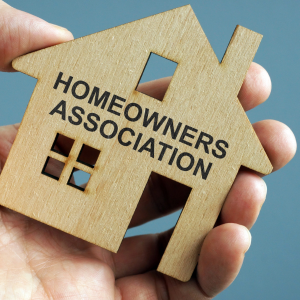
In rare situations, the association may be required to raise assessment amounts to compensate for the revenue loss caused by unpaid fees. This rise might be difficult for obedient members, compromising community bonds and fueling discontent. Furthermore, an association with a high default rate may cause difficulty acquiring loans, as lenders frequently analyze the percentage of late accounts before giving funds. This can jeopardize plans for community improvement projects, lowering the communal quality of life. Another important consideration is the legal repercussions of unpaid HOA fees.
When payments are not made, association boards may be forced to start the foreclosure process on the delinquent property, which can be difficult and time-consuming for everyone concerned. Not only does such action cause stress between the homeowner in question and the rest of the community, but it also requires additional resources and legal bills, putting the association’s finances under strain. Finally, properly addressing outstanding HOA dues is critical for the budgetary health of Florida home communities and for ensuring a harmonious living environment.
Legal Actions and Collection Efforts by Florida HOAs
In Florida, dealing with past-due HOA dues and unpaid HOA fees requires a thorough approach, especially when it comes to taking legal action to protect the community’s finances. Homeowners associations often have to take strong action to get people who are behind on their payments to pay up. So, the people on the HOA board need to have a good understanding of the laws that apply to this situation. As long as HOA dues are not paid, the associations can put a lien on the land.
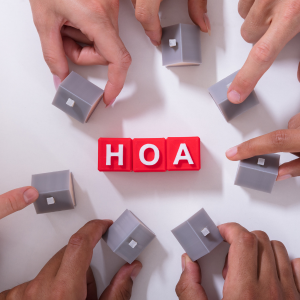
The HOA can successfully get back past due amounts by using this action as a strong collection tool. When attempts to collect fail, legal steps like filing a lawsuit or lien may need to be taken. To get through the complicated court process, the board must work closely with lawyers specializing in HOA rules. This ensures that the law is followed and makes it easier for the group to deal with late fees and dues. These lawyers should know a lot about the laws that apply to HOAs in their state, which will be very helpful during the collection process. In addition, homeowners who refuse to pay their dues can face harsher effects if sued.
If the problem isn’t fixed, it could lead to foreclosures, which no town wants to happen. But if other methods of collecting dues don’t work, the board may have to go to court to get big amounts of unpaid dues. Florida HOAs need to make proactive rules that lower the chances of late dues by stressing the importance of on-time payments and thinking about giving payment plans when possible. By knowing the laws and using the tools, HOAs are better equipped to handle these tough situations. When dealing with problems related to late dues and unpaid HOA fees in Florida, a well-informed and well-prepared HOA board is best for the community.
Tips for Resolving and Preventing HOA Dues Delinquency
Late HOA dues are a regular problem in many Florida neighborhoods, but there are good ways to fix the problem and keep it from happening. First, the board needs to communicate clearly and consistently about assessments and checks that are past due. Sending reminders at the right time is important to ensure members know what to do and what might happen if they don’t pay their HOA fees. By setting up an organized notice system, HOAs can ensure members don’t misunderstand or forget important information. Regular warnings can greatly lower the number of times dues are not paid on time. Also, giving members a choice of payment methods may help keep them from falling behind on their payments by giving them more ways to meet their financial obligations.
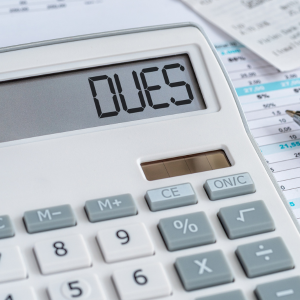
A more cooperative atmosphere can also be created by making the HOA board and community members more open with each other. Holding meetings for the community where people can share their concerns and learn more about the HOA’s services helps to build trust and compliance. Ensuring everyone knows how their dues help the community’s health will motivate them to pay on time. Early intervention is another effective method. As soon as an account is past due, sending a letter with the past due amount and any possible late fees can stop the person from going further behind. Also, it’s a good idea to have a clear policy on how to handle late HOA dues, including any legal steps that may be taken and the effects this may have on the homeowner.
HOAs should stress the importance of making payments on time so that bad things don’t happen, like the group foreclosing on your home. Lastly, working with a skilled management company can help avoid mistakes when handling assessments and dues. The company’s experience with similar situations can help Florida HOAs develop custom plans that lower the number of late-due payments while maintaining good relationships with members. Taking these steps seriously can make things run more smoothly and keep the community’s finances stable.
Managing Delinquent HOA Dues and Unpaid Fees in Florida
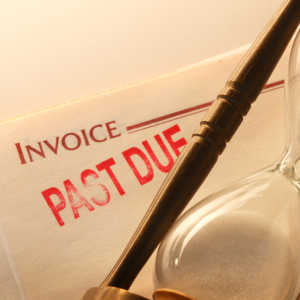
Keeping your Florida HOA’s finances in good shape means keeping track of past-due HOA dues and unpaid HOA fees. HOAs can better handle these problems by using proactive tactics, keeping communication open, and using legal options when needed. Remember that it’s important to know the rules of your state. Regular collection efforts help create a long-lasting community atmosphere where everyone can enjoy shared benefits without spending too much money. For more help and specific information, you might want to talk to someone who manages HOAs or a lawyer specializing in Florida HOA rules.
These findings apply across all of Florida, including areas in and around Hampton, Orlando, Jacksonville, St. Petersburg, Tampa, and Hollywood.
If you need further assistance, please get in touch with us at (904) 508-0207. visit our website, to learn more about our company.
